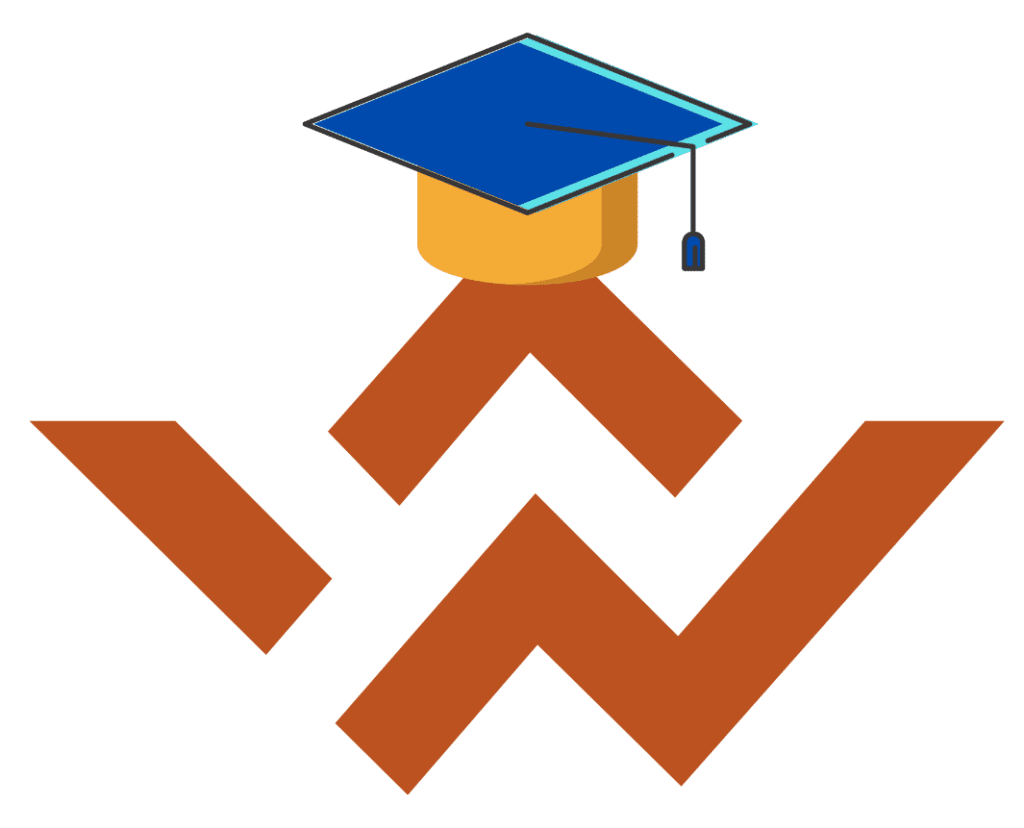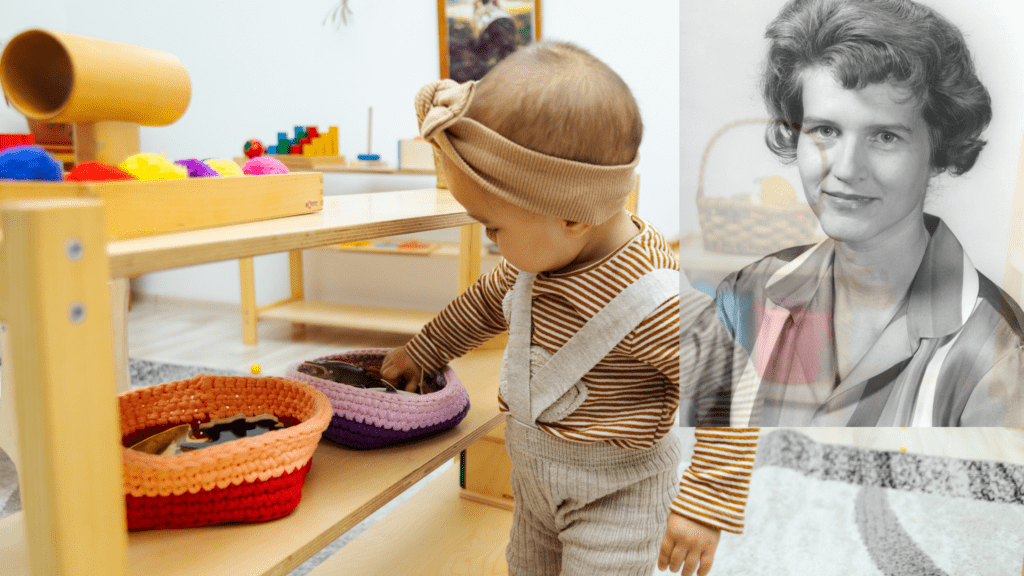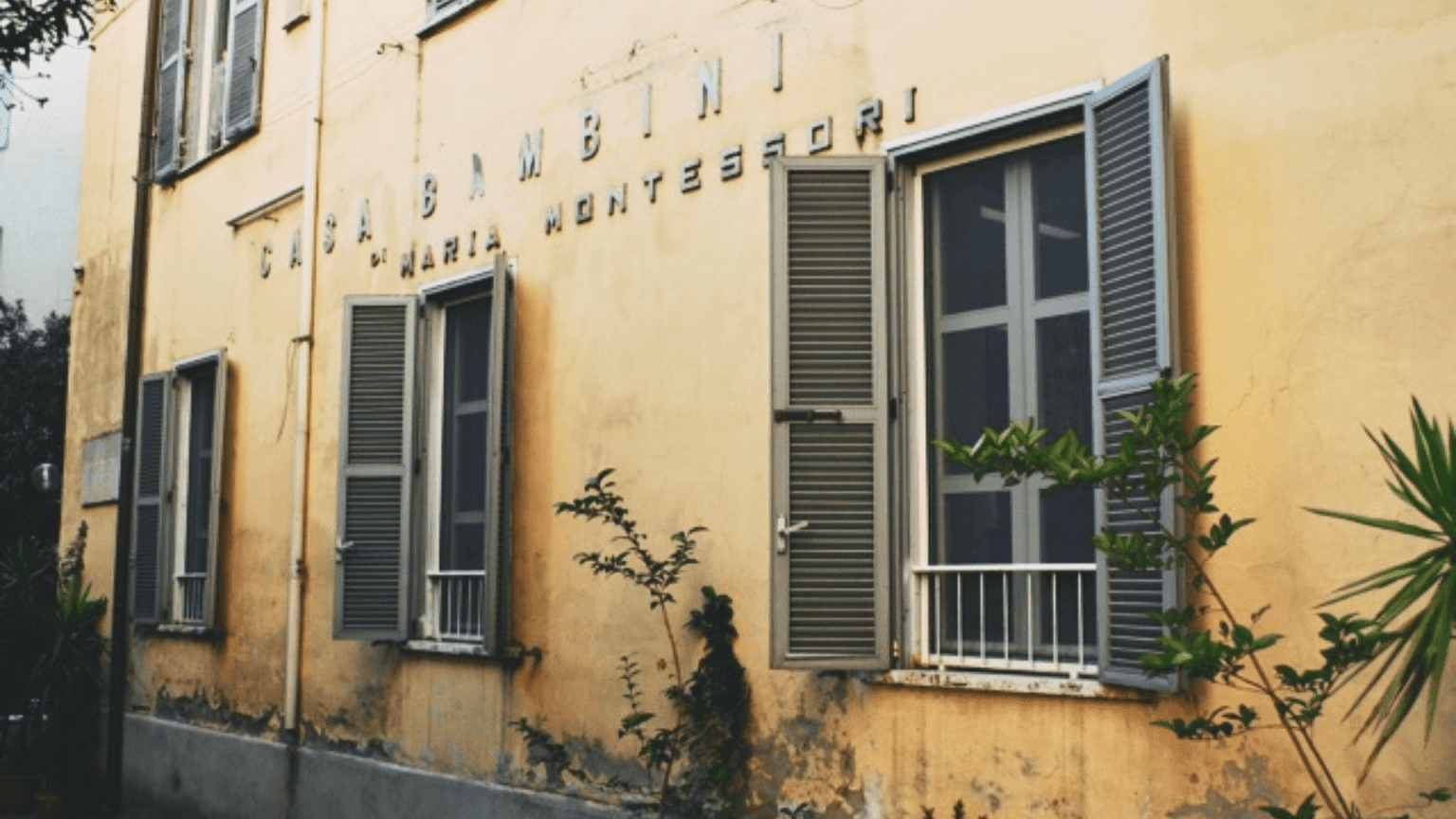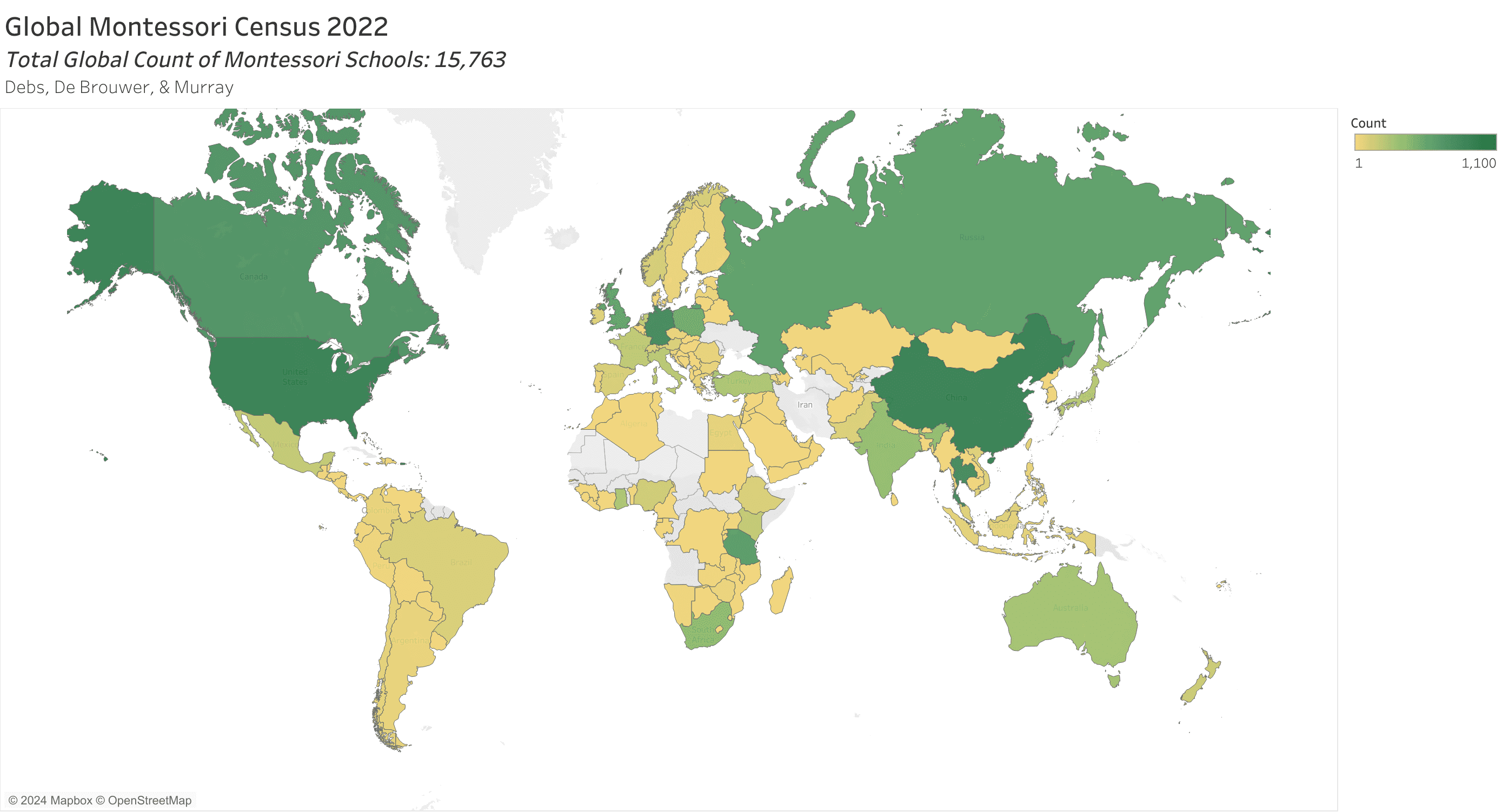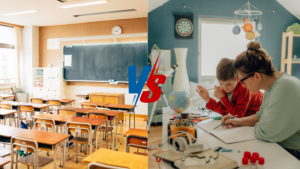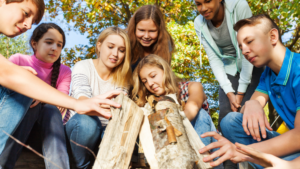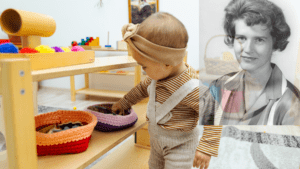Maria Montessori was not just a teacher; she had the ability to imagine things that changed the whole world of early childhood education forever. The Montessori Method, which she invented, has been adopted worldwide over time. This article discusses her life, what she taught us, and how it is still relevant today.
Early Life and Career
In 1870, Maria Montessori was born in Chiaravalle, Italy, where, as a woman, she defied all odds by being among the first female doctors in her country. Most of her patients were children whom other people had given up on saying they could not be taught anything because of their mental incapacity or any other reason like that. However, after working with them for some time, this view became obsolete for Dr. Montessori as it fueled more ideas towards reforming education throughout her life.
What shifted everything was when she got appointed to co-run an institute training special needs teachers though back then these kids were referred to as mentally retarded. She started using new techniques with them which made such a huge difference – there were even cases where some managed to pass public exams meant for normal children according to the government’s policy at that time under its educative reforms act Romeo Casabianca 1895. However this achievement marked only the beginning point since soon after realizing success among these learners.
How did Maria Montessori come up with the idea of opening a Montessori school?
Maria Montessori came up with the idea of opening her first school through a combination of her professional background, observations, and opportunities that aligned with her burgeoning educational theories.
Montessori’s journey started with her education and work as one of the first female doctors in Italy, where she initially specialized in psychiatry before shifting to pediatrics and educational theory. In the course of her medical practice, she attended to children suffering from developmental disabilities who needed care and education. She noticed that these children responded better to hands-on learning using props she had designed from her research findings and Jean Marc Gaspard Itard as well as Édouard Séguin’s educational theories.
Motivated by the improvements among these kids, Montessori believed that all children would benefit from the techniques she was inventing, even those without any form of disability. The test for this hypothesis presented itself in 1907 when a housing developer in Rome constructed apartments for low-income families. However, the neighborhood was being ruined by unsupervised kids whose parents left them alone during working hours. The developer wanted a solution that would keep such children away from causing trouble in the area around them.
Montessori was invited to take charge of these children, and she saw this as an ideal opportunity to apply her educational theories to a larger, more diverse group of young children. She opened the Casa dei Bambini, or Children’s House, and implemented her methods, which included child-sized furniture, specially designed learning materials, and a classroom environment that encouraged independence and self-directed learning. The success of this school led to the further development of Montessori’s methods and the opening of more Montessori schools, spreading her innovative educational approach worldwide.
Development of Montessori Education
Early Beginnings
Maria Montessori’s journey into education began in her native Italy in the late 19th century. Originally training to be a physician, Montessori graduated from the University of Rome in 1896, becoming one of the first female doctors in Italy. Her early medical practice, particularly her work with children with disabilities, sparked her interest in education. Observing that these children often made significant progress when given suitable materials to work with, Montessori formulated the basis of her educational philosophy- children learn best in a supportive, well-prepared environment.
The First Casa dei Bambini
In 1907, Montessori had the opportunity to test her educational theories in a more general setting. She was invited to oversee the care and education of children in a low-income district of Rome, where she opened the first Casa dei Bambini, or “Children’s House.” Here, she implemented her innovative pedagogical approach, which emphasized hands-on, self-directed learning, mixed-age classrooms, and specially designed educational materials. The success of this school led to the opening of additional Montessori schools and garnered international attention.
Methodology and Expansion
Montessori’s method focused on fostering independence through a prepared environment tailored to the child’s size, pace, and interests. Her classrooms were equipped with child-sized furniture and learning materials that encouraged children to perform tasks at their own initiative. This environment also promoted the development of motor skills and independence. Her work emphasized respect for each child’s individuality and the importance of adapting the educational approach to meet the needs of each child.
As Montessori’s ideas spread, she began to travel the world, lecturing in Europe, Asia, and the Americas. In 1929, to support the global demand for trained Montessori teachers and to maintain the integrity of her educational philosophy, Montessori and her son Mario Montessori founded the Association Montessori Internationale (AMI). The AMI was established in Amsterdam and remains a leading body in Montessori education, focusing on training, supporting schools, and ensuring that Montessori practices remain true to the original teachings.
Legacy and Continued Impact
Maria Montessori continued to develop her educational methods and to write extensively about her pedagogical approach until she died in 1952. Today, Montessori schools can be found worldwide, serving children from birth to adolescence. The Montessori method has been adopted in various forms, including public, private, and charter school systems.
The core of Montessori education is centered around the child’s natural development and the belief that education should evolve through spontaneous use of the environment. This environment includes learning materials that promote activity-based learning, self-discipline, and a scalable sequence of activities that build upon each other.
Governing Bodies- AMI and AMS
- Association Montessori Internationale (AMI)- Founded by Montessori herself, the AMI is dedicated to upholding Montessori’s legacy by ensuring that her pedagogical principles are preserved and propagated worldwide. AMI provides training, supports Montessori schools, and offers a wealth of resources to educators and parents interested in the Montessori method.
- American Montessori Society (AMS)- While not founded by Montessori herself, the AMS is another prominent organization that supports Montessori education in the United States. Founded in 1960, the AMS is a hub for all things Montessori, providing teacher education programs, school accreditation, and professional development. It plays a significant role in adapting Montessori education to the American educational landscape while still maintaining the core principles of Montessori’s original teachings.
These organizations ensure that Montessori education remains a dynamic and growing force in the world of education, adapting to new educational challenges while staying true to its foundational principles. Maria Montessori’s vision continues to inspire educators and students, proving that respectful, child-centered education can create not just better learners, but better people.
Famous Quotes by Maria Montessori
Maria Montessori’s words continue to inspire educators and parents alike.
-
“The greatest sign of success for a teacher… is to be able to say, ‘The children are now working as if I did not exist.'” – The Absorbent Mind
-
“The first duty of an education is to stir up life, but leave it free to develop.” – The Discovery of the Child
-
“Help me to do it myself.” – The Secret of Childhood
-
“Education is a natural process carried out by the child and is not acquired by listening to words but by experiences in the environment.” – The Absorbent Mind
-
“Imagination does not become great until human beings, given the courage and the strength, use it to create.” – The Absorbent Mind
-
“One test of the correctness of educational procedure is the happiness of the child.” – The Montessori Method
-
“We discovered that education is not something which the teacher does, but that it is a natural process which develops spontaneously in the human being.” – The Absorbent Mind
-
“Free the child’s potential, and you will transform him into the world.” – The Absorbent Mind
-
“The child is both a hope and a promise for mankind.” – Education and Peace
-
“Education is the best weapon for peace.” – Education and Peace
-
“The environment must be rich in motives which lend interest to activity and invite the child to conduct his own experiences.” – The Absorbent Mind
-
“Do not tell them how to do it. Show them how to do it and do not say a word. If you tell them, they will watch your lips move. If you show them, they will want to do it themselves.” – The Secret of Childhood
-
“To assist a child we must provide him with an environment which will enable him to develop freely.” – The Secret of Childhood
-
“The child, making use of all that he finds around him, shapes himself for the future.” – The Absorbent Mind
-
“Preventing conflicts is the work of politics; establishing peace is the work of education.” – Education and Peace
-
“The senses, being explorers of the world, open the way to knowledge.” – The Absorbent Mind
-
“The hands are the instruments of man’s intelligence.” – The Absorbent Mind
-
“We must therefore turn to the child as to the key to the fate of our future life.” – The Secret of Childhood
-
“The land is where our roots are. The children must be taught to feel and live in harmony with the Earth.” – The Discovery of the Child
-
“It is necessary that the child teaches himself, and then the success is great.” – The Absorbent Mind
Influential Teachings and Their Applications
Montessori’s teachings extend beyond traditional classroom settings, influencing homes and various educational systems worldwide. Her approach fosters child development by respecting individual learning paces and encouraging hands-on, experiential learning.
Today, Montessori methods have been successfully integrated into public and private school systems and adapted for use in homeschooling environments and special education contexts. This flexibility speaks to the universal applicability of her insights.
Worldwide Adoption
Montessori’s approach to education is practiced in thousands of schools worldwide. These schools range from private institutions to publicly funded programs, demonstrating the method’s flexibility and its ability to integrate into various national education systems.
Statistics and Growth
As of the latest reports-
- Number of Schools– It is estimated that there are over 20,000 Montessori schools worldwide. These schools are spread across six continents and include a mix of private, public, and charter schools.
- United States—The United States alone has over 5,000 Montessori schools. Montessori’s growth in the U.S. has been particularly notable in the public and charter school sectors, with an increasing number of programs integrating Montessori principles into their curricula.
- Europe– Montessori education has deep roots in Europe, with Italy and the Netherlands housing some of the oldest Montessori schools in the world. Many other European countries, including Germany, France, and the UK, have also embraced Montessori methods.
- Asia– In recent decades, Montessori schools have seen significant growth in Asia. Countries like India and China have experienced a surge in private Montessori preschools, primary schools, and some secondary schools due to increasing parental interest in alternative education systems that focus on holistic development.
- Latin America and Africa– Montessori education is gaining traction in Latin American countries like Brazil and Argentina, as well as in African countries such as South Africa and Kenya. In these regions, the Montessori method is viewed as a progressive approach to education that promotes self-directed learning and community responsibility.
Impactful Studies on Montessori Education
Several studies have pointed to the effectiveness of Montessori education-
- Academic Performance– Research shows that Montessori students often outperform their non-Montessori counterparts on various measures of academic achievement, particularly in reading, mathematics, and social problem-solving skills.
- Social and Emotional Development– Studies also highlight the positive effects of Montessori education on social and emotional development. Montessori students have been found to display higher levels of independence, confidence, and empathy compared to students in more traditional educational settings.
Challenges and Future Prospects
While Montessori education has a strong global presence, it also faces challenges such as accessibility and affordability. Montessori schools, especially in less developed regions, can be expensive and out of reach for lower-income families. However, the increasing interest in public and charter Montessori programs offers a potential path toward broader accessibility.
Case Studies and Success Stories
The Montessori Method has produced notable alumni, including Google founders Larry Page and Sergey Brin, Amazon’s Jeff Bezos, and Wikipedia’s Jimmy Wales, all of whom credit their early Montessori education with part of their success. These examples serve as compelling endorsements of Montessori’s educational approach.
Furthermore, schools across the globe continue to adopt Montessori principles, often seeing significant improvements in student engagement, academic performance, and social skills. For instance, public Montessori programs in South Carolina have demonstrated higher reading and math scores compared to their non-Montessori counterparts, highlighting the effectiveness of the Montessori Method in diverse educational settings.
Learnings from Maria Montessori’s Teachings
Maria Montessori’s work teaches us that education can be joyous and that it should be structured to cultivate independence and a lifelong love for learning. Observing children, understanding their needs, and allowing them the space to explore their interests at their own pace is fundamental to this approach.
Her teachings also stress the importance of nurturing a child’s natural curiosity and fostering respect for their environment and community. These elements are crucial for developing responsible and aware individuals who are prepared to contribute positively to society.
Conclusion
Maria Montessori’s legacy is a testament to the transformative power of education. Her methods have not only stood the test of time but continue to influence new generations of educators and students. As we move forward in a rapidly changing world, the principles she espoused remain relevant and revolutionary, promising a brighter future for all children.
If Maria Montessori’s philosophy resonates with you, or if you’re curious to learn more about how her methods might benefit your educational setting, consider exploring further. Numerous resources, courses, and Montessori communities are available to help you embark on or continue your Montessori journey. Engage with these opportunities to transform educational experiences and outcomes for children around the world.
This blog post is intended to provide a comprehensive overview of Maria Montessori’s contributions to education, offering insights into her method and its lasting
